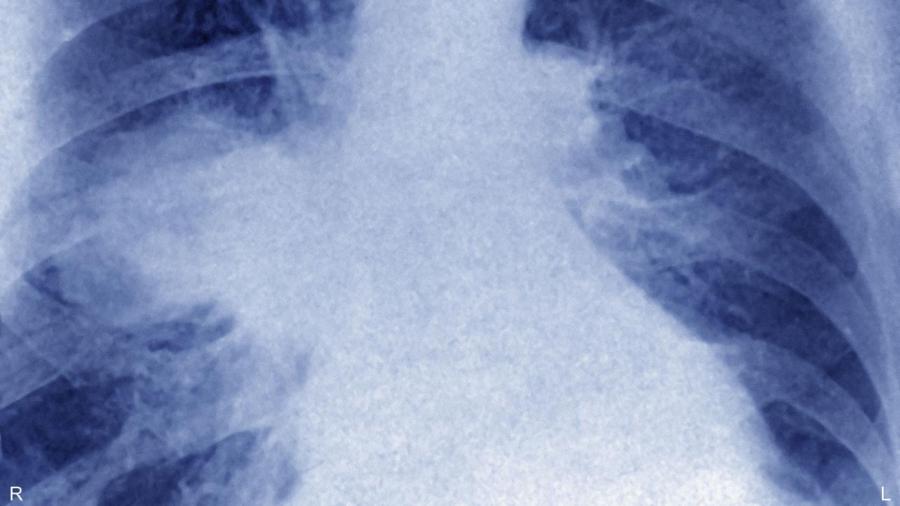What Is Lymphoma of the Lungs?

Lymphoma is a group of different cancers, which are known as pulmonary lymphoma when these cancers occur in the lungs, according to John Hopkins Medicine. There are two general categories of lymphoma, Hodgkin’s disease and non-Hodgkin’s lymphomas, which normally start out as cancer of the lymph system.
Most lymphoma that occurs in the lungs is considered secondary pulmonary lymphoma, as these cancers begin in the lymph nodes or other lymph tissue and then spread out to the lungs and other organs, explains Radiopaedia. In very rare cases, some types of non-Hodgkin’s lymphoma can start in the lungs and not involve the lymph nodes. In this case, the cancer is referred to as primary pulmonary lymphoma.
Both Hodgkin’s disease and non-Hodgkin’s lymphoma are typically caused by a problem that makes disease-fighting cells known as lymphocytes multiply uncontrollably, reports John Hopkins Medicine. As these cells continue to multiply, they can then invade other organs or collect in groups to form tumors. Both Hodgkin’s and non-Hodgkin’s lymphomas have similar symptoms, but they are caused by different types of lymphocyte cells. The only way to determine which type of lymphoma a person has is to use a microscope to examine blood or tissue samples.





